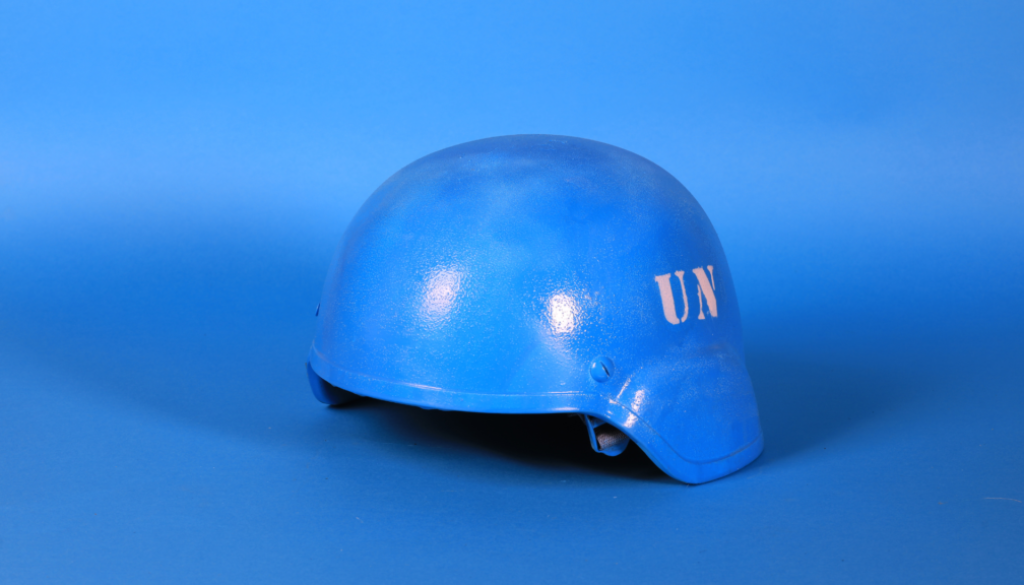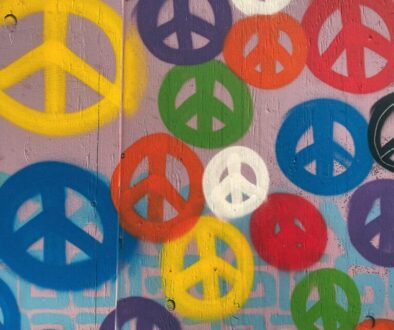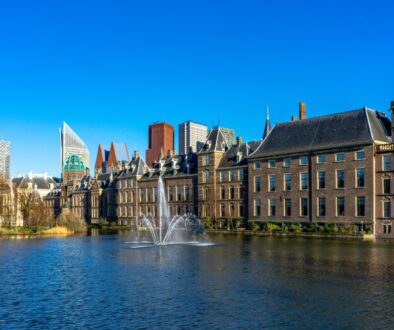What are UN Peacekeepers
UN Peacekeepers are a special force that is sent in by the United Nations to help keep peace in areas of conflict. They are usually made up of soldiers from different countries who have been trained to work together. They often carry out their duties in difficult and dangerous situations, such as in war zones.
The main job of UN Peacekeepers is to help protect civilians from harm. They do this by patrolling areas of conflict, monitoring ceasefires, and helping to deliver humanitarian aid. They also work to support the development of democracy and the rule of law. In some cases, they may be asked to help with disaster relief or refugee assistance.
UN Peacekeepers perform an important role in helping to maintain international peace and security. Their work helps to make the world a safer place for everyone.

How are peacekeepers chosen and who pays for them
The organisation was founded in 1948, in the aftermath of World War II, with the main aim of promoting international law and preventing future wars. Today, UN peacekeepers are drawn from a variety of countries, with each country contributing troops and police officers based on its own capabilities. The troops and police officers serve for a period of one year, after which they are replaced by fresh personnel. The cost of UN peacekeeping operations is borne by the member states of the organization, with the United States being the biggest contributor. Currently, there are over 100,000 peacekeepers serving in 16 different missions around the world.
What challenges do peacekeepers face while on deployment
UN peacekeepers are often deployed to regions that have been affected by conflict. As such, they face a number of challenges while on duty. One of the biggest challenges is maintaining their neutrality. Peacekeepers must remember that they are there to help both sides in a conflict, not to take sides. This can be difficult when they see the violence and suffering that is taking place. Another challenge is dealing with the stress of the job. Peacekeepers witness firsthand the devastation that war brings, and they often work long hours in difficult and dangerous conditions. It is important for peacekeepers to take care of themselves both physically and mentally in order to be able to do their jobs effectively. Finally, peacekeepers must also be prepared for the possibility of being attacked. Despite the risks, peacekeepers continue to serve in regions around the world in an effort to bring about peace.
While UN peacekeepers often face difficult challenges, they have also proved to be effective in achieving their goals. In many cases, their presence has helped to reduce violence and prevent further conflict. They have also played a vital role in assisting with the delivery of humanitarian aid and the rebuilding of infrastructure. As a result, UN peacekeepers have made a valuable contribution to the promotion of peace and security around the world.

Criticisms of UN Peacekeeping efforts
In recent years, however, the efficacy of UN peacekeeping has come into question. Critics point to the high cost of operations, as well as the often-lengthy deployment times. They also argue that peacekeepers are often ill-equipped to deal with the complexities of modern conflicts. As a result, there is significant debate about the future of UN peacekeeping. Some believe that the UN should continue to play a role in conflict prevention, while others believe that its involvement does more harm than good. Whatever the case may be, it is clear that UN peacekeeping operations will continue to be a topic of discussion for years to come.



